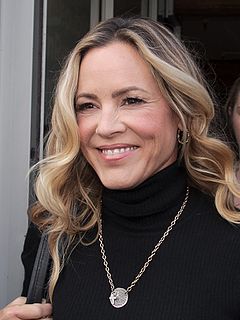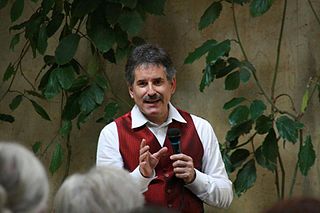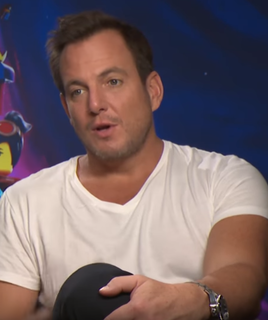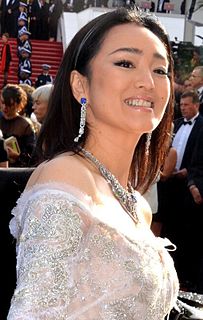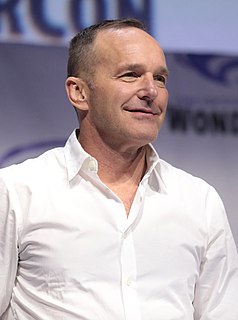A Quote by Terry Gilliam
The whole point of animation to me is to tell a story, make a joke, express an idea. The technique itself doesn't really matter. Whatever works is the thing to use.
Related Quotes
I've found great virtue in two-thirds of the way into the message; right before I'm really want to nail home a point, pausing to tell a joke or to tell a light-hearted story, because I know my audience has been working with me now for 20 or 25 minutes. And if I can get them to laugh, get oxygen into their system, it wakes up those who might be sleeping, so there's something about using a story to draw people back in right before you drive home your final point. In that case I think it's real legitimate just to use a story for story's sake.
For me, it's a purity thing about the joke itself. It's a test of a joke whether or not you do it completely clean and it works. If it does, then that's a legitimate item you have there. For me, it's nothing to do with finding those words offensive. It's just not what I'm in search of. Do it clean, and you are really earning that laugh.
It`s always been the same for me. I`ve always enjoyed acting, and I really love good actors; they`re such unique characters. I wish I could tell stories well, or tell a joke. Any time someone can do that it`s so satisfying. Sean Penn, for instance, is a really good actor, and he can tell a good joke or story. But it`s hard to do. Most actors have special talents that make them attractive, but they`re often odd characters.
Memoirists, unlike fiction writers, do not really want to 'tell a story.' They want to tell it all - the all of personal experience, of consciousness itself. That includes a story, but also the whole expanding universe of sensation and thought ... Memoirists wish to tell their mind. Not their story.
I don't really have a method or a technical process. I studied [Sanford] Meisner, and that's the thing that really works for me. That sort of instinctual, in the moment, what the other actors do, working off them and letting the story unfold, as opposed to having an idea of what the story should be.
I think in the end there is one ultimate goal with all my careers, and that is, as a performing artist, you want to explore the deepest, most truthful way to express a point of view, or whatever the character is thinking, or whatever emotion you're trying to convey. I think with the different media it's just about what muscles you use to express that.
The difference when I'm writing a story versus writing a joke is that writing a joke is so much more about the structure and it's less about the conversation. To me, the thing that I love about stand-up is the intimacy between performer and audience.To get it even more conversational was something that really appealed to me and that I really enjoyed doing. My early experiments with it, with just telling a story from my life on stage, it was so satisfying to do. And seemingly for the audience as well. It's a different thing, and it's a different feeling and a different vibe.







